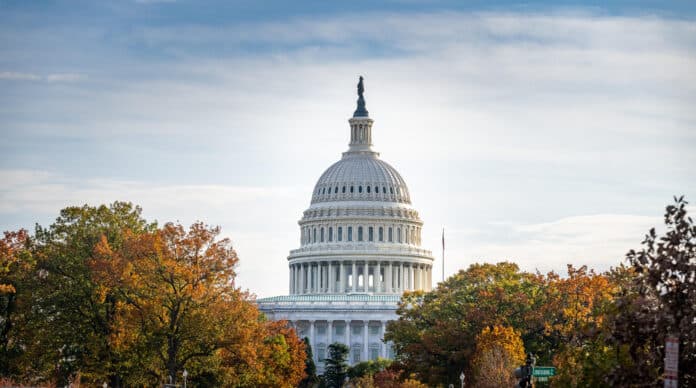Congress faces a daunting September 30 deadline after its August recess, to complete work on all 12 appropriations bills including USDA to keep the government fully running.
September will be a battle royal between the GOP-controlled House bent on attacking spending and culture issues and the Democratic-run Senate fighting those attacks in Ag and other areas.
House Ag Appropriations Chair and Freedom Caucus member Andy Harris claims the GOP’s doing more with less. Harris says, “This legislation supports critical Ag research and plant and animal health programs, it invests in rural communities, it expands access to broadband, and it provides nutrition assistance to those in need.
Ag Appropriations Ranking Democrat Sanford Bishop told the Rules Committee, where the USDA bill’s stuck, it’s a bad bill. Bishop says, “It drastically slashes funding for the programs that rural Americans count on significantly, and it slashes the vital safety nets for our most vulnerable populations.”
In the Senate, Majority Leader Chuck Schumer is ready for a September fight likely to run out the clock and devour floor time for other bills, like a farm bill–even if it could be readied. Schumer, “You look at the appropriation bill, you compare the House to the Senate, the contrast as I said, is glaring, and House Republicans should look to the Senate for how to get things done and help the American people, instead of just shouting partisan screeds.”
But House Republicans insist their cause is right including in agriculture. Harris said, “This bill also reigns in regulatory overreach, protects agricultural land from our foreign adversaries and restricts the Secretary of Agriculture’s discretionary spending authority under the Commodity Credit Corporation, which has been grossly abused to spend more than ten billion dollars on unauthorized, non-emergency programs.”
Failure to pass all 12 spending bills by the end of the fiscal year, September 30, will trigger an automatic one percent across the board spending cut and the need for temporary spending to avert a shutdown.


